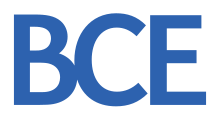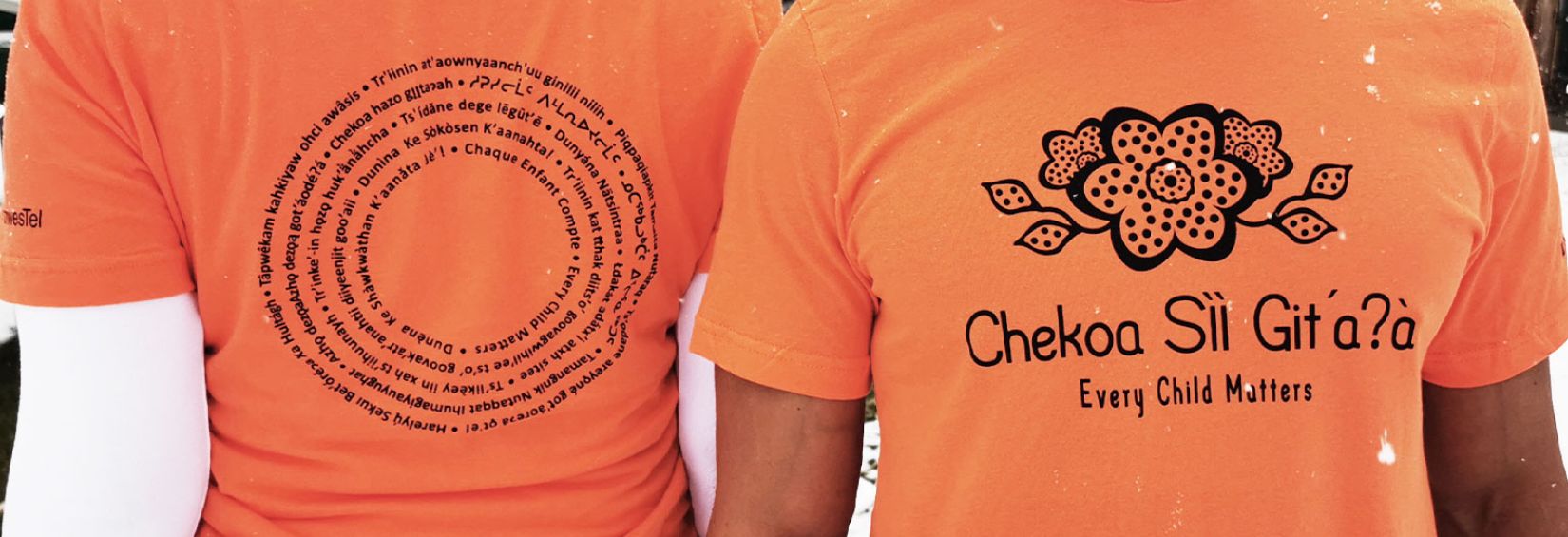
In 18 Northern languages the message is still the same: Every Child Matters
Dunèna Ke Shàwkwàthan Kʼaanǎta Jèʼ! : Please look after all children very well
Southern Tutchone
Tr’iinin kat tthak diits’o’ goovagwihil’ee ts’o’ goovak’atr’anahtii diiyeenjit goo’aii : Protecting The Honor of Every Child Is Our Duty
Gwichʼin
Chekoa hazo gı̨ı̨taɂah : Every child are important.
Tłıch̨ ǫ
Tr’inke’-in hǫzǫ huk’ä̀nä̀hcha : Take good care of the children.
Hän
Across the North the languages may differ, but the message is still the same. On September 30 and every day: Every Child Matters.
This was the inspiration behind our collaboration to make a Northern Orange Shirt. We had the privilege to work with Tłıch̨ ǫ artist, Sarah Erasmus and Indigenous translators from all three territories. We knew it was important to reflect the North’s unique cultures, and to include the most common Indigenous languages of the people we serve.
Here is what this collaboration means, in their words.
The power of language
“Everything is in the language.” This is one of the many meaningful statements Sean Smith shared about the role of language in reconciliation. Sean is a Southern Tutchone speaker, and the Immersion Manger at the Yukon First Nations Language Center. As part of our translation team, he shared with us the importance of Indigenous language personally and within his community.
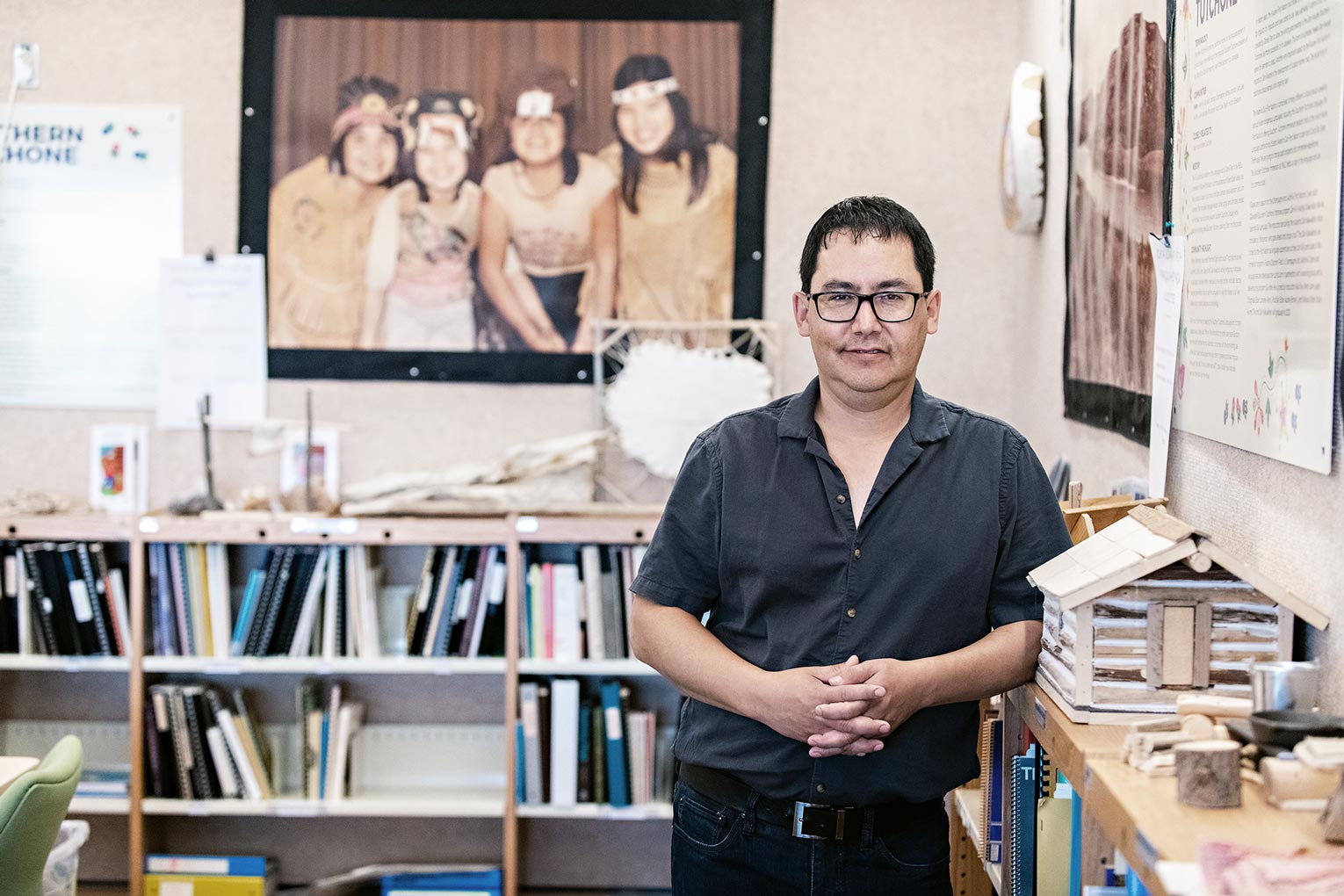
As a second-generation survivor of residential schools, language played a central role in Sean’s healing and connecting to his identity.
To learn my language, to learn my culture, this has a very strong connection my identity.
Now as a community leader and teacher for over ten years, Sean is focused on building fluency. This is to build resilient, confident, and empowered future generations.
Language and culture are helping to build a pathway forward to heal between our nations and communities to have a better world. Our past leaders and elders championed this during land claims. They worked very hard to continue to have the same vision be built into these agreements- it's continuous work.
Sean explained that Indigenous languages are based in worldviews. Through passing this knowledge on to future generations it helps to understand the cultures and strengthen communities.
The Important work in reconciliation builds on the ideas, visions, dreams of our past elders, leaders and generations before who wanted us to move forward as a people. From the teachings of our culture, language, and the way we did things- I see a promising day when we can see each other through a lens that is much wider in terms of our world view.
The idea of reconciliation is what we want our kids to carry forward. We wish we could solve everything today, but it's not that easy. We want to build future generations who know how to use these tools to create an ideal world and pass that on for generations.
Sean recognizes the work that needs to be done in our communities, but is optimistic that if we connect with one another in time we can build a better future together.
The power of imagery
The Orange Shirts we created are proudly made in the North by Tłıch̨ ǫ artist, Sarah the owner of Erasmus Apparel. She designed the front of the shirt, including the Wiiliideh Yati translation of “Every Child Matters”.
All proceeds of creating these shirts are being donated by Sarah to a Residential School Survivor Society. We’re sharing this shirt with our Northwestel Employees, showcasing our pride and commitment to reconciliation.
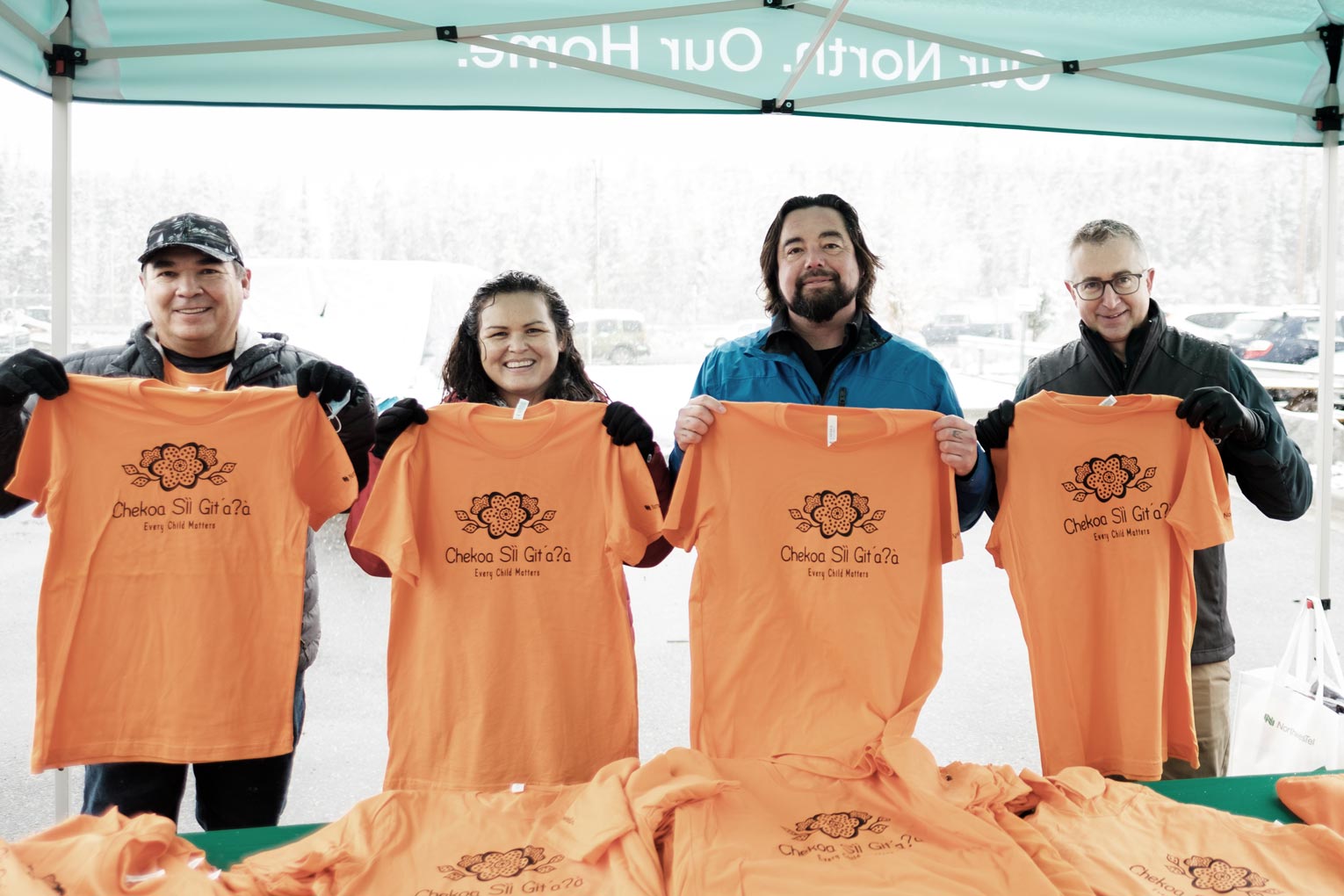
Kwalin Dun Councilor Charles Chief, Kwanlin Dun Councilor Rosemary Waugh Wilson, Council of Yukon First Nations Grand Chief Peter Johnson, Curtis Shaw, President Northwestel together in Whitehorse
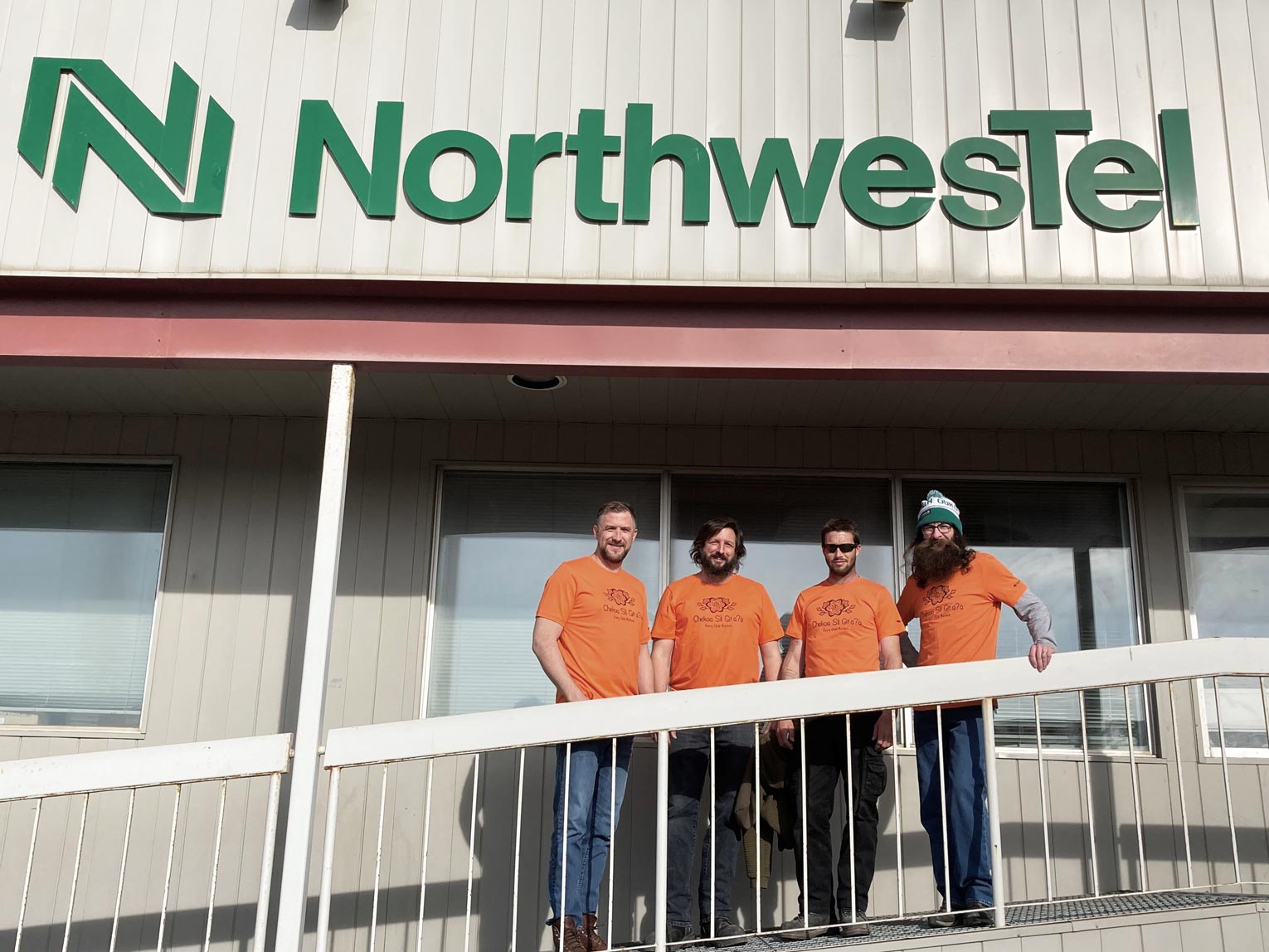
Northwestel employees proudly wearing their Orange Shirts in Iqaluit
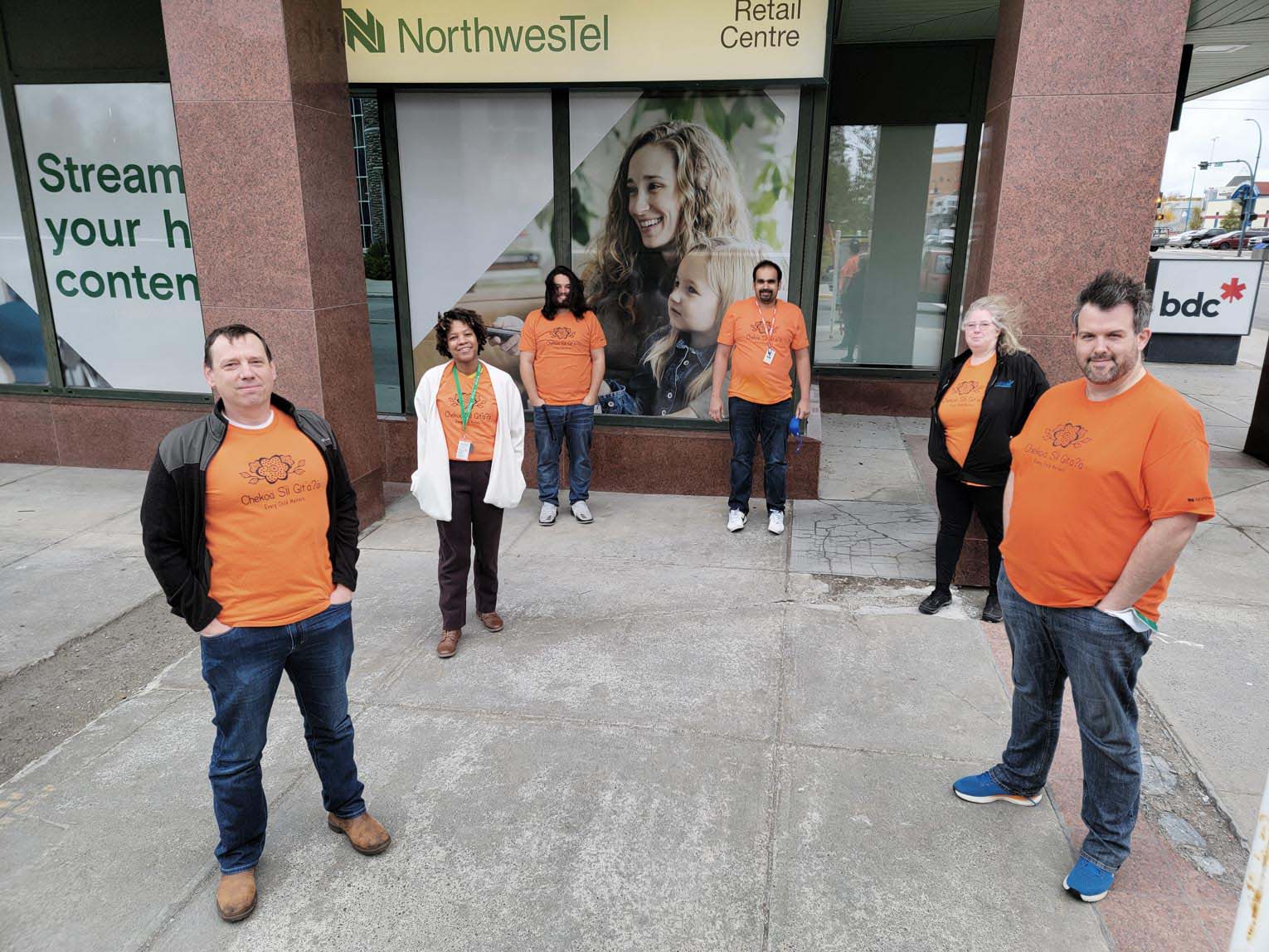
Northwestel employees showcasing their Orange Shirts in Yellowknife
Northwestel’s commitment to reconciliation
While we are proud to have collaborated on this important Northern symbol, we know reconciliation goes well beyond orange shirts. Northwestel is committed to fulfilling the Truth and Reconciliation Calls to Action for businesses in Canada. This includes a commitment to increasing indigenous employment, providing training on indigenous history and culture for Northwestel employees, and engaging in meaningful consultation on our major investments and initiatives. We have taken important steps, including integrating Inuit and First Nations leaders into our corporate governance, launching a significant engagement process for our Every Community Project and working with an indigenous company on a Northern-specific training program available to all employees. We know there is more to do.
We acknowledge the Indigenous government support we have received and commit to continue moving forward in consultation and collaboration with local communities and governments.
